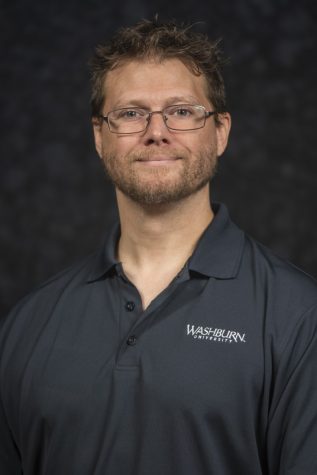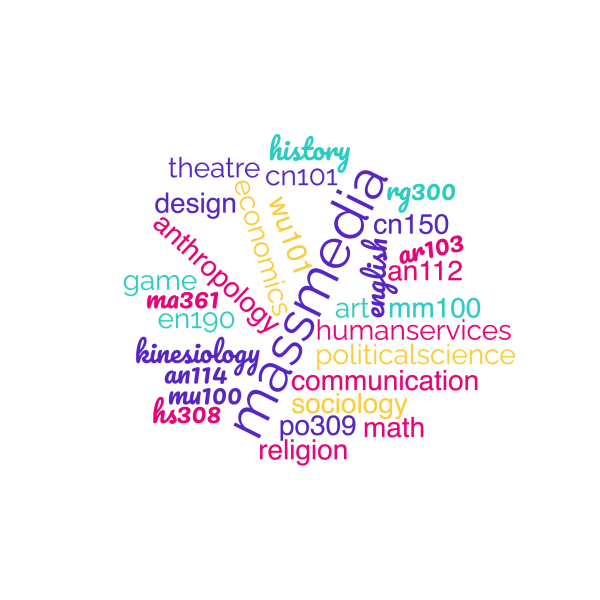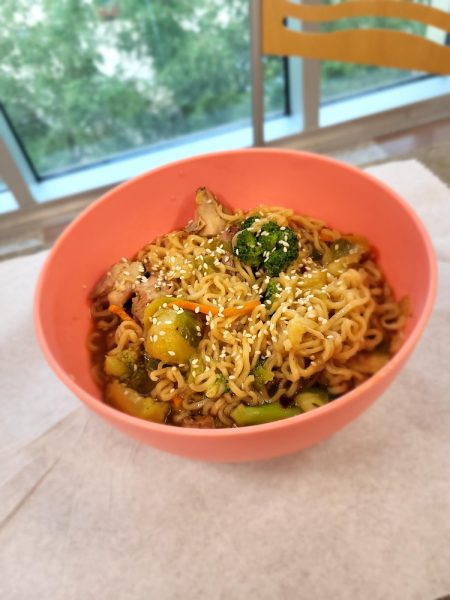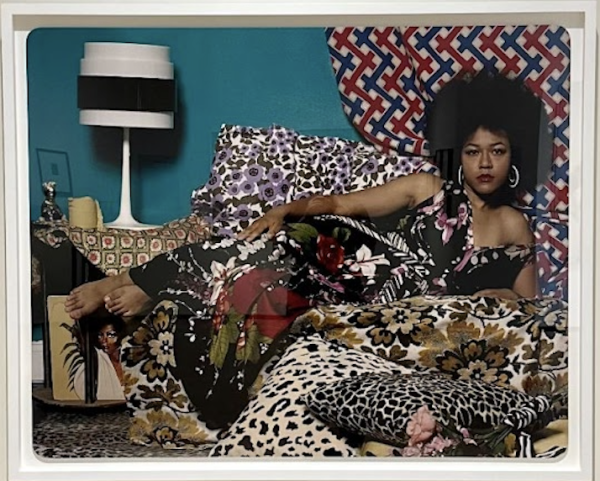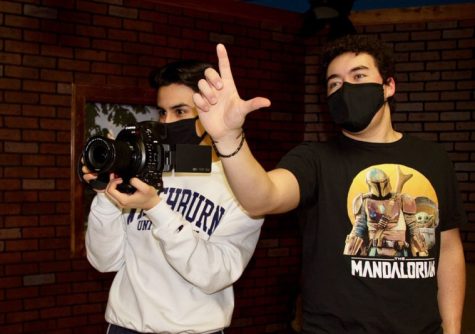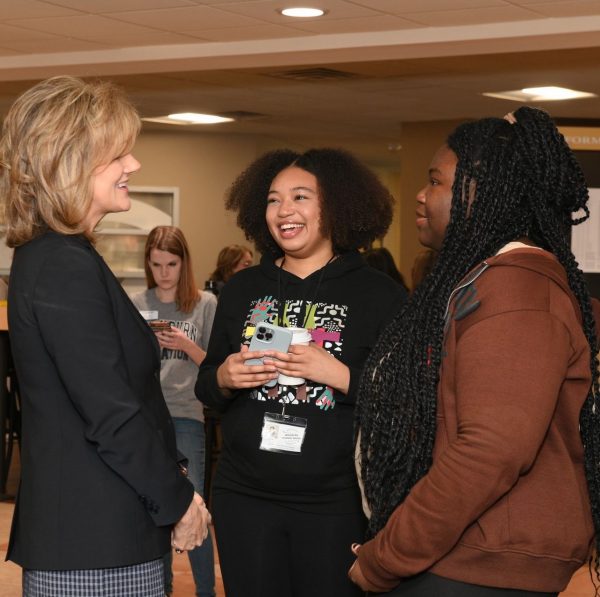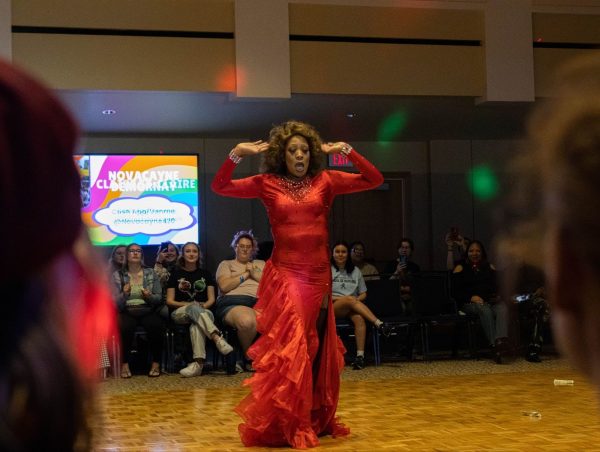WFA presents screening of ‘Survivors of the Holocaust’
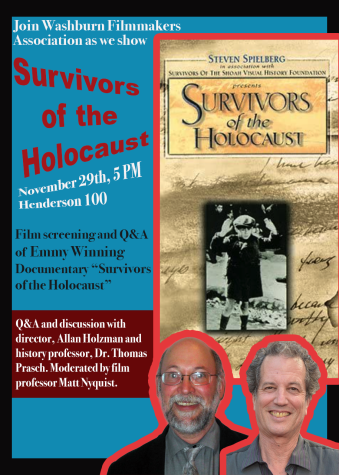
The Washburn Film Association is holding a screening of a documentary on the Holocaust Nov. 29, 2022, in Henderson 100. Jess Seidel, president of the WFA, has released the following statement about the event:
“Washburn Filmmakers Association will be screening the Emmy-winning documentary ‘Survivors of the Holocaust’ followed immediately by a Q&A with the director Allan Holzman & history professor Dr. Thomas Prasch. Holzman and Prasch will discuss the history around the documentary, the filmmaking process and any other audience questions. The event will take place Nov. 29th in Henderson Room 100, as well as over Facebook Live.”
In addition, Holzman has also released a statement about the film and his process:
“After two decades as a B-movie film editor and director, I fell in love with the process of storytelling through the documentary filmmaking medium. As a stutterer since the age of six, I became fluent in the language of film editing during my college years, thrilled with the ability to communicate with a power to move people more than I ever dreamed.
My initial foray into documentary editing occurred with ‘The Native Americans’, Ted Turner’s 6-hour Emmy Award-winning series, where I gained the knowledge and skill of interweaving interviews while visualizing their emotions, thoughts and feelings to create sequences without narration or title cards, engaging the audience as if they were watching a feature film.
It was not an easy task to convince the top executives at Dreamworks and Turner Broadcasting that I could make a documentary, utilizing interviews from Steven Spielberg’s Survivors of the Shoah Visual History Foundation to tell the story of the Holocaust without a word of narration or text-filled cards. There were three hundred interviews when I began the one-year editing journey, varying from two to six hours each. By the time I finished the first cut, which was two hours long, there were a thousand interviews from which to draw, each filled with an overwhelming determination to communicate the truth about the systematic extermination of six million people.
The field cinematographers and producers, many of whom were second generation survivors, recorded interviews from all over the US and Europe. They would relay messages during the editing process of what they felt was worthy of expressing Jewish life before, during and after World War II. Whenever I cried, I attempted to edit that part of the story into the film. Soon, I discovered that most of the survivors were from ten to seventeen when they entered the camps. These children, who lost their parents, grandparents, brothers and sisters in addition to their youth, conveyed their memories that they had held for their entire lives, most of them for the very first time.”
Students and faculty are encouraged to come watch the film and share in the experience.
Edited by Aja Carter
Your donation will support the student journalists of Washburn University. Your contribution will allow us to purchase equipment and cover our annual website hosting costs.
